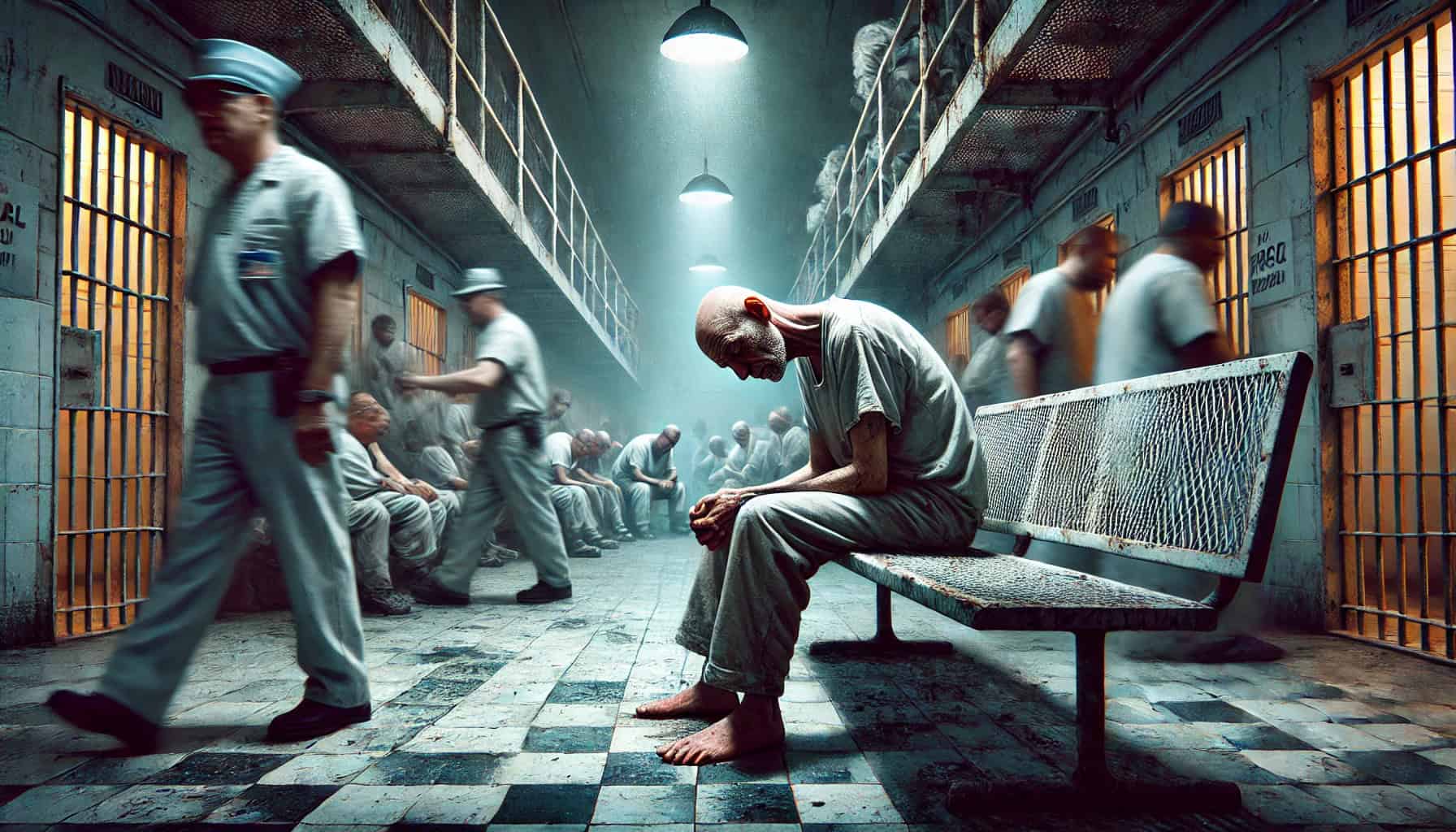Georgia’s prisons are becoming death chambers—not because of execution, but due to neglect. Prisoners across Georgia routinely face severe delays or outright denial of medical care, turning manageable conditions into life-threatening crises. The U.S. Department of Justice’s recent investigation confirmed systemic failures, describing medical neglect in Georgia prisons as “abhorrent,” “life-threatening,” and “unconstitutional” 1.
Systemic Neglect and Human Cost
Prisoners regularly wait months, sometimes years, for essential medical treatment. Those with chronic illnesses, disabilities, or mental health needs suffer the most. Due to overcrowding and understaffing, medical appointments are frequently canceled or postponed indefinitely. It is common practice for inmates to be turned away from medical offices even when experiencing severe symptoms.
For example, one prisoner reported waiting six months for treatment after suffering debilitating abdominal pain. He was eventually hospitalized, requiring emergency surgery to remove parts of his intestine. Others have not been as fortunate, losing their lives because of conditions that were entirely preventable with timely medical care 2.
Elderly and Chronically Ill Suffer Most
Georgia’s aging prison population exacerbates the crisis. Inmates aged 50 or older now constitute over 20% of Georgia’s prison population, numbering approximately 10,000 individuals. Many are frail, suffering from chronic illnesses such as diabetes, heart disease, or cancer, conditions that are expensive and complex to manage even in ideal circumstances. Georgia prisons consistently fail to meet these medical needs, transforming routine medical issues into fatal emergencies 3.
Understaffing and Overcrowding: A Deadly Combination
With prisons designed to hold fewer than half of their current populations, overcrowding severely hampers healthcare delivery. Facilities that once housed 750 prisoners now cram over 1,700 inmates into the same space. Medical staff are overwhelmed, appointments are continuously canceled, and basic medical supplies frequently run out. Prisoners report unsanitary conditions, further exacerbating health problems and increasing the likelihood of preventable infections and outbreaks 4.
Neglect by Design
Georgia’s Department of Corrections (GDC) repeatedly claims compliance with American Correctional Association standards, yet the reality tells a starkly different story. Despite the promises and assurances from state officials, conditions inside Georgia prisons have continued to deteriorate. Whistleblower reports and leaked footage from contraband phones provide glimpses into these hidden horrors, showcasing desperate inmates pleading for help as they deteriorate physically and mentally 5.
A Humanitarian and Moral Crisis
Each delayed appointment, every ignored complaint, and each preventable death represents a humanitarian and moral failure. The toll extends beyond the incarcerated individuals themselves, devastating families who watch helplessly as their loved ones suffer or die needlessly. Many families struggle even to receive timely notification of serious medical emergencies or deaths, compounding their trauma and grief 6.
Call to Action
Demand accountability and humane medical care for prisoners in Georgia. Write and call your state legislators today. Use Impact Justice AI to craft personalized letters demanding immediate reform. Visit HTTPS://ImpactJustice.AI or locate your representatives’ contact information at OpenStates.org.


- https://www.justice.gov/d9/2024-09/findings_report_-_investigation_of_georgia_prisons.pdf[↩]
- https://gps.press/lethal-negligence-the-hidden-death-toll-in-georgias-prisons/[↩]
- https://gps.press/decarceration-the-key-to-solving-georgias-prison-staffing-crisis-and-healthcare-burden/[↩]
- https://gps.press/aca-compliance-vs-reality-in-georgia-prisons/[↩]
- https://gps.press/a-simple-message-for-the-gdc/[↩]
- https://gps.press/your-rights-and-the-gdcs-responsibilities-what-families-need-to-know-when-an-inmate-dies/[↩]
